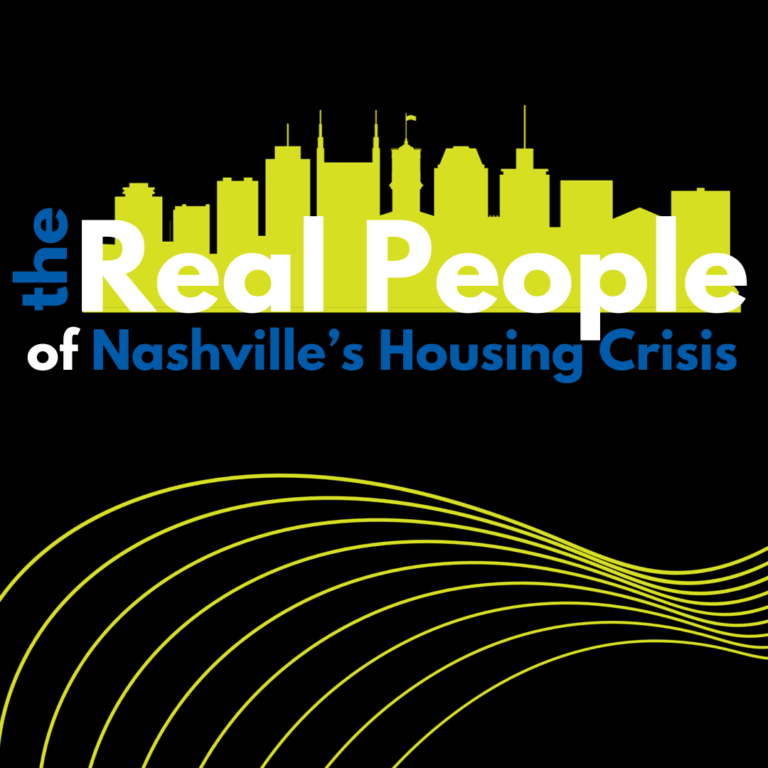Redlining. Urban renewal. Gentrification. Each began decades ago with legislative policy, industry standards, and community practices rooted in racism and discrimination. That’s where the blame and shame lie. As government agencies gave the green light to exclude and harm Black people and communities of color through housing, related industries followed suit. Banks, real estate agents, landlords, housing developers and the like paired their dismissal and disdain with their greed-thirsty profit desires. All while communities engaged in non-welcoming tactics.
The Fair Housing Act of 1968 outlawed housing discrimination in the sale, rental, or financing based on race, color, national origin, religion, and sex. It was later amended to include disability and familial status. The Act was important, but it didn’t stop the rampant exploitation of vulnerable communities. It only led to more underhanded and covert forms of discrimination.
While not widely documented, oral history revealed some businesses in the mid-1990s purposely gave Black people red pens to complete and sign documents and checks. This indicated they were Black, while white customers were given black pens. In recent years, stories of non-white homeowners receiving lower home appraisals have gained attention. Freddie Mac, a secondary mortgage market company that buys loans from approved lenders, launched a 2021 study into reports of discriminatory appraisals. They found Black and Latino homeowners received low appraisals at about twice the amount of white homeowners.
The responsibility to repair the harm and destroy systems of discrimination first rests on the shoulders of the federal, state, and local government. The June 2021 Affordable Housing Task Force Report advised, “For Nashville to progress, the work of the housing community must redress past harms, root out current prejudices, and build on existing community work by incorporating planning and engagement efforts that increase the impact of housing efforts.” This should have served as a rallying cry for all involved in housing, real estate, banking, infrastructure, and beyond.
In fall of 2021, Lucy Kempf, the Executive Director of Nashville’s Planning Department, signed a pledge along with 20 other city planners from across the country to acknowledge and correct the harms caused by housing discrimination. The collective commitment agreed to:
- Create communities that are culturally diverse, livable, and accessible.
- Preserve, strengthen, and celebrate the culture, assets, institutions, and businesses of BIPOC communities.
- Promote the health, economic, social, and cultural resilience of BIPOC communities.
- Champion housing choice and economic diversity.
- Address environmental injustice.
- Remove biases from their organizations.
Do you think the city’s planning department is working towards or against this commitment? Respond to this email to let us know your thoughts or to share your personal housing story.
We know achieving the change we want will take time, but that doesn’t mean it should take forever or decades down the line.









